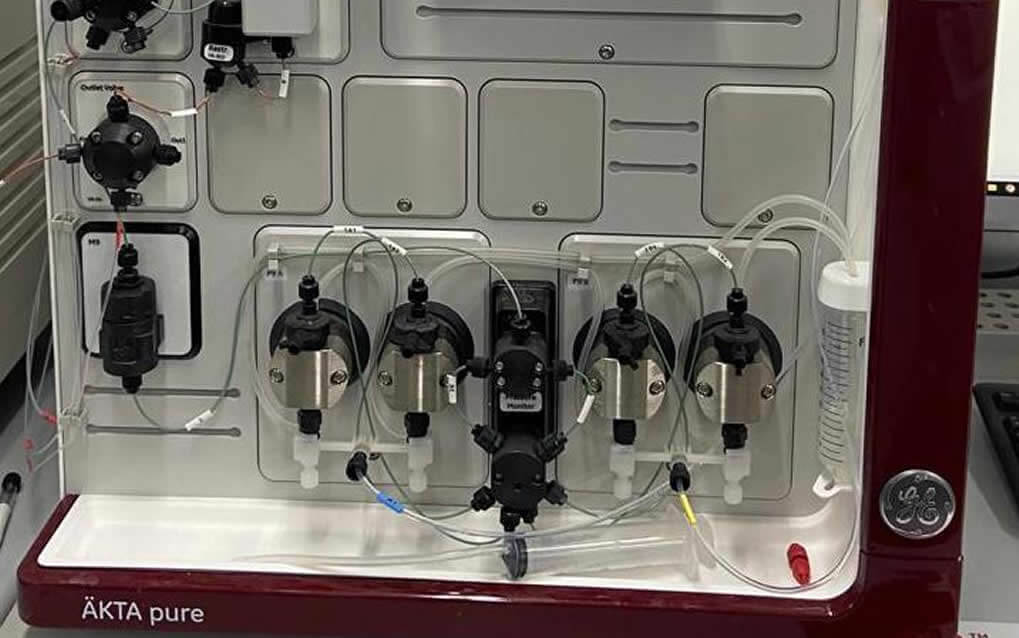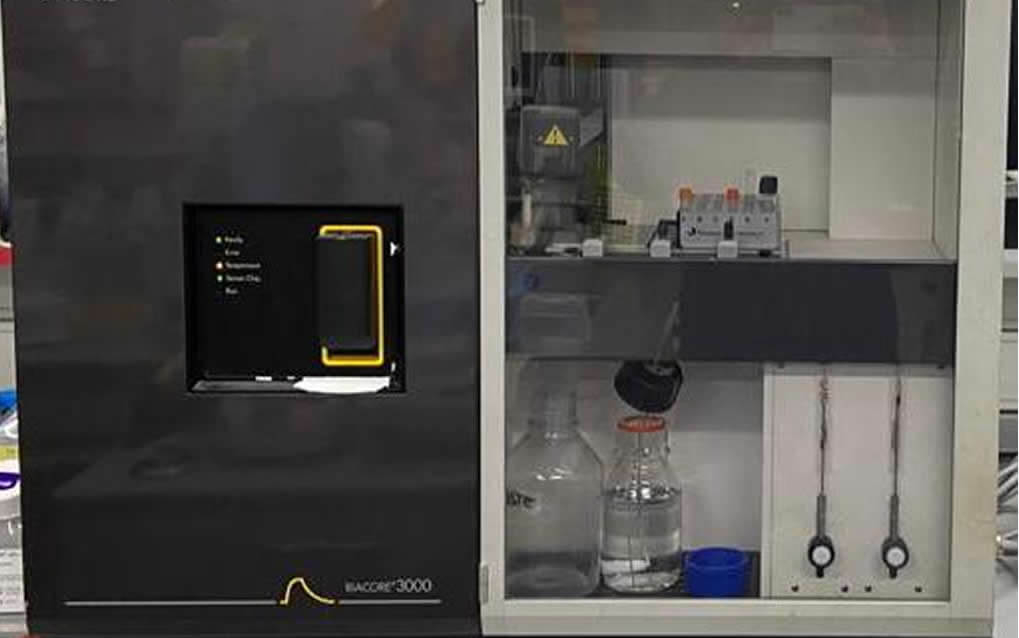
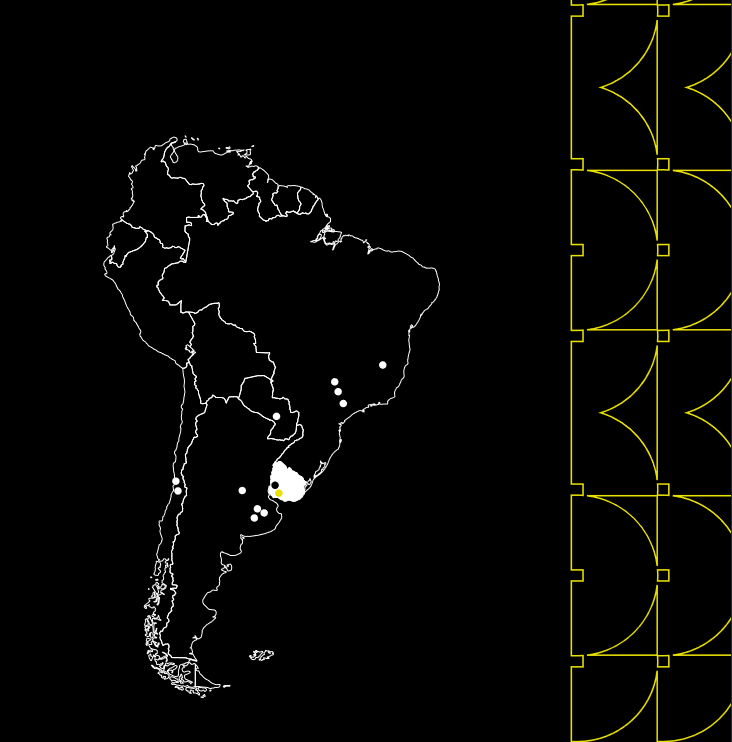
Research center
The Institut Pasteur de Montevideo, inaugurated in December 2006, emerged as a result of an agreement between the University of the Republic, the Uruguayan government, and the Institut Pasteur Paris (France). As a result, it became one of the 33 member institutes within the International Network of Pasteur Institutes.
The Institut Pasteur de Montevideo was conceived as a private nonprofit foundation, a Uruguayan research center capable of adapting to the ongoing advances in science and technology. Its mission is to be a center of excellence in scientific research and to contribute to the country's development by providing technology to the productive sector, addressing the needs of our society.
The development of research infrastructure with cutting-edge technological platforms open to scientific users from both the country and the region has been a central focus from the beginning, alongside the promotion of high-quality scientific research and advanced training courses.
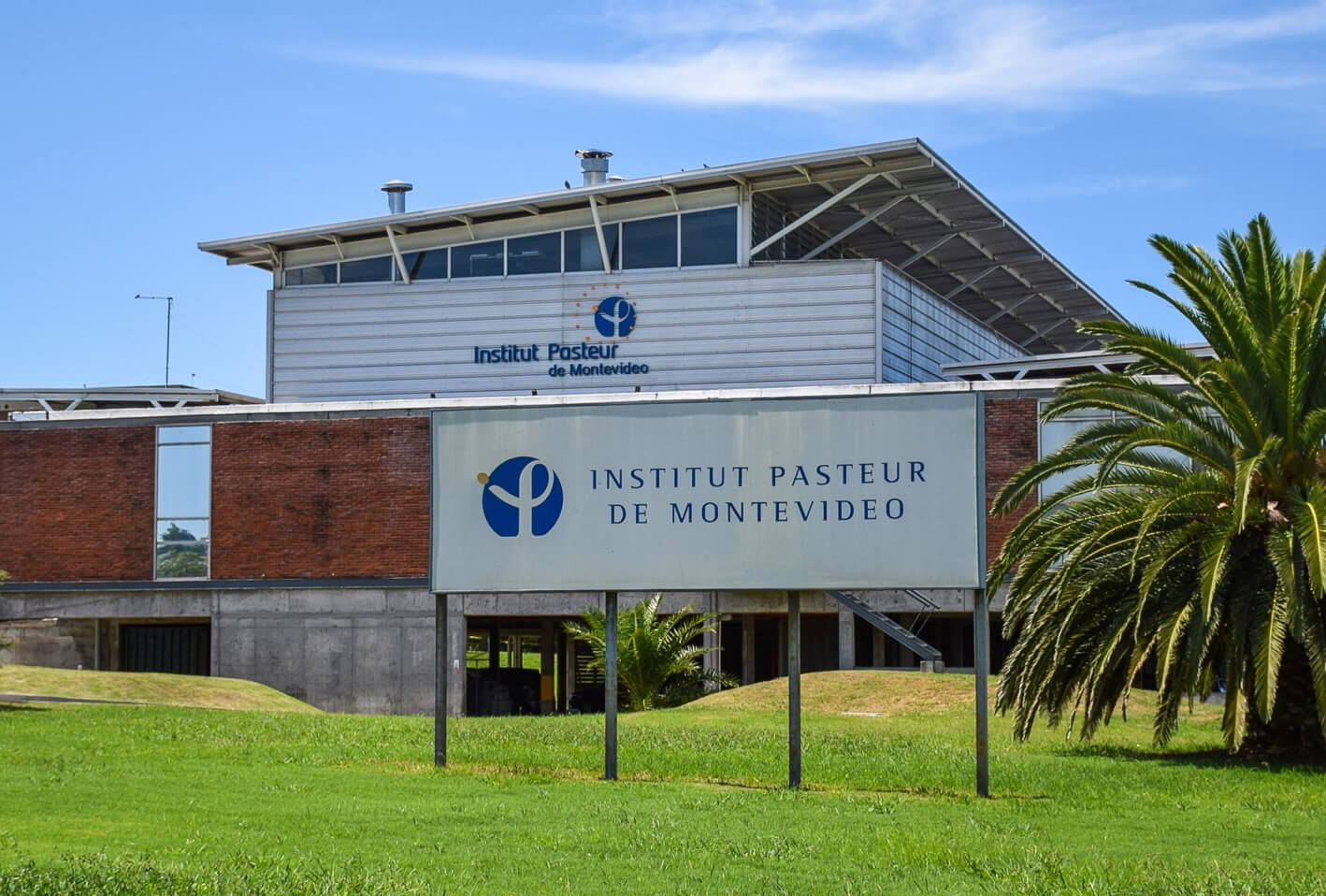
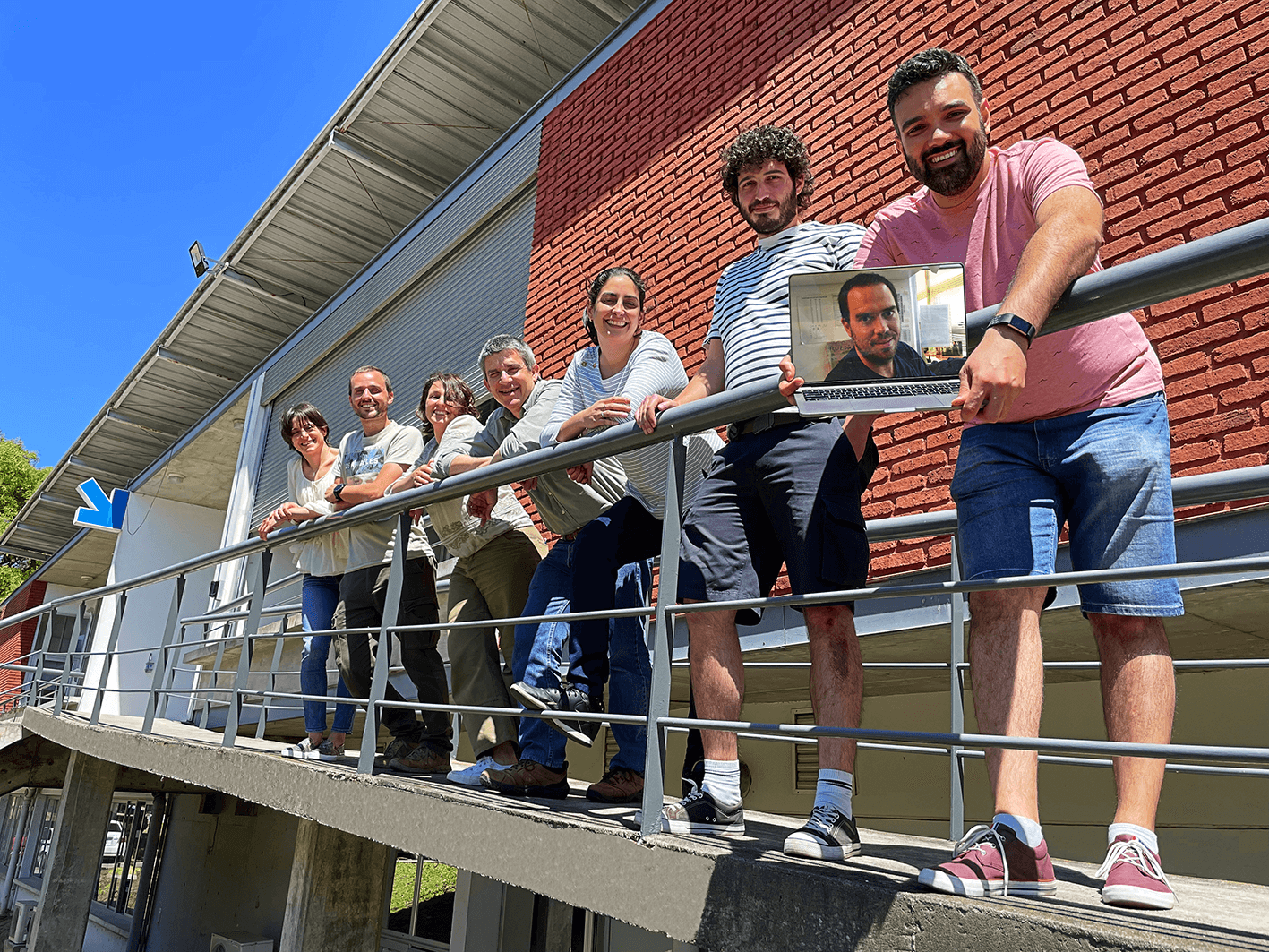
Research lines
With approximately 250 individuals, including researchers, graduate students, and administrative staff, the Institut Pasteur de Montevideo carries out its activities in a building spanning over 4000 square meters. Currently, the main research areas focus on neurodegenerative diseases, cancer, infectious diseases (virology, bacteriology, and parasitology), human genetics, cellular biology, and bioinformatics.
The technological platforms provide equipment and expertise in Proteomics and Analytical Protein Biochemistry, X-ray Crystallography, Recombinant Proteins and Protein Engineering, Advanced Bioimaging, Eukaryotic Cell Technology, Molecular Biology, Genomics and Bioinformatics, and Laboratory Animal Biotechnology.
Instrumentation
- X-ray diffraction for macromolecules; structural analysis of 3D models of macromolecules.
- Protein crystallization robots and crystallization condition screening.
- Circular Dichroism, fluorimetry, Surface Plasmon Resonance (Biacore®), Dynamic Light Scattering (DLS), nano-fluorimetry by differential scanning (nanoDSF), isothermal titration calorimetry (ITC), and differential scanning calorimetry (DSC).
- Analytical biochemistry and protein chemistry, mass spectrometry (MALDI-TOF, TOF-TOF, Q-Orbitrap).
- Two-dimensional gels and proteomics coupled to MS (Mass Spectrometry).
- Computer clusters, software for molecular modeling, and simulation.
- Production of recombinant proteins in prokaryotic and eukaryotic systems, protein purification using preparative chromatography techniques.
- Optical microscopy: epifluorescence and confocal; two-photon microscopy under development; image analysis with spectral and lifetime approaches.
- Mataojo 2020, Montevideo 11400 - URUGUAY
- +598- 2522-0910 / Fax: +598 -2522-4185
- alebus@pasteur.edu.uyfelipet@pasteur.edu.uy
- https://pasteur.uy/en/units/protein-crystallography/
Five days of intense work, hands-on learning and scientific collaboration at @CNPEM 🇧🇷
Researchers from Latin America and Europe came together to explore the intersection between drug discovery and structural biology, through theoretical sessions and practical training.








